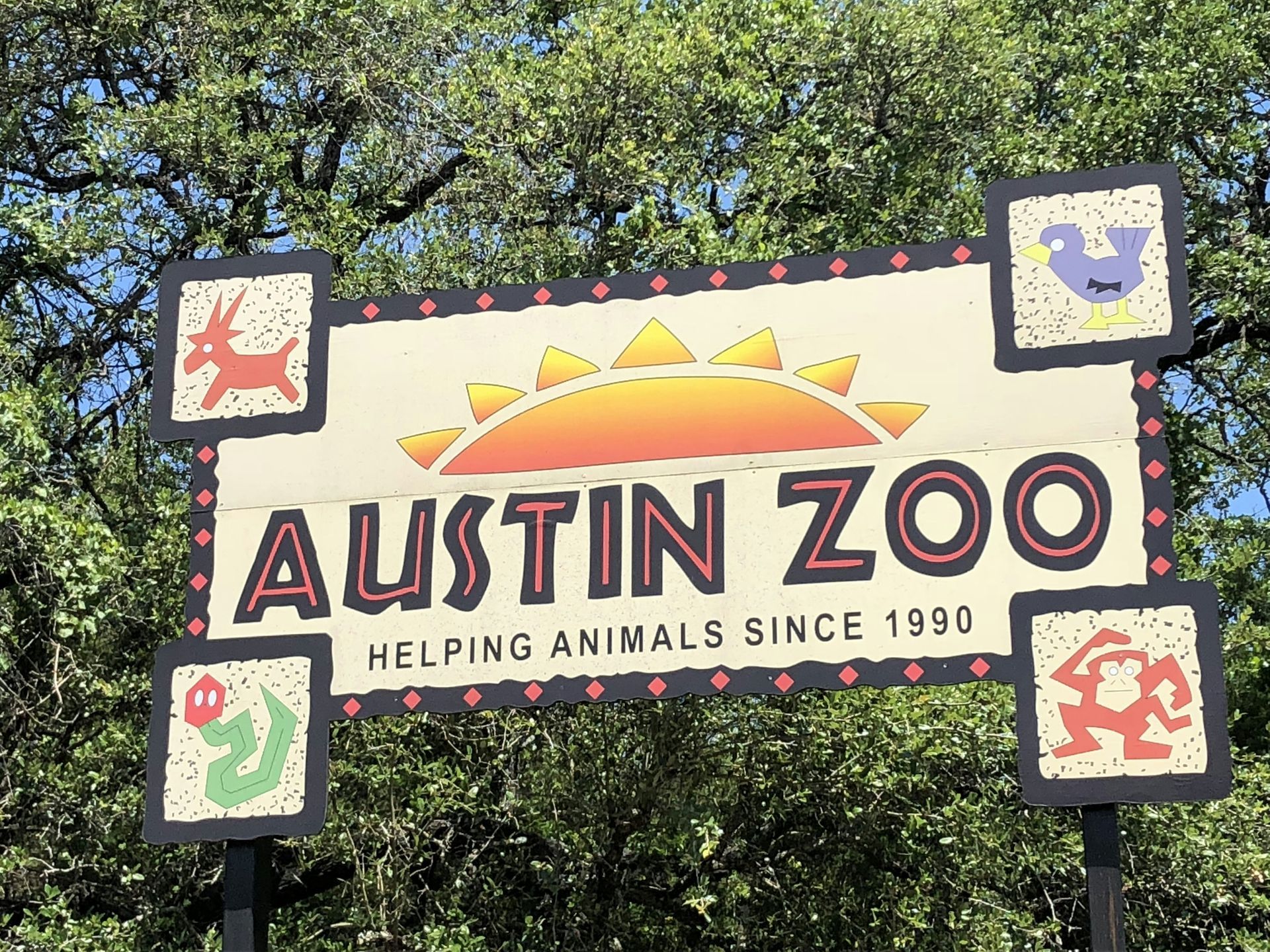
Short-term rentals (STRs) have surged in popularity across Georgia, from Atlanta to Savannah and the North Georgia mountains. As travelers seek authentic, home-like accommodations, property owners have discovered lucrative opportunities through platforms like Airbnb and Vrbo. However, this comes with a significant challenge: navigating Georgia Short Term Rental Regulations in 2025.
Unlike some states, Georgia lacks a uniform statewide law for short-term rentals (under 30 days). Regulation is handled at the local (city and county) level, resulting in a patchwork of rules, permits, fees, and restrictions. This means a property owner in Atlanta faces a different regulatory landscape than one in Savannah or Blue Ridge.
This guide clarifies Georgia property owners, highlights the importance of local research, and provides guidance on compliance. Understanding the regulatory framework allows you to protect your investment and operate your short-term rental legally and profitably.
Disclaimer: This article provides general information about short-term rental regulations in Georgia and is not intended as legal or financial advice. Regulations change frequently and vary by location. Consult local authorities and qualified professionals before making decisions about your property.
Understanding Georgia Short Term Rental Landscape: State vs. Local Ordinance
Georgia's short-term rental regulation exemplifies the state's strong local governance tradition. By delegating STR control to local governments, Georgia allows communities to address specific concerns, such as preserving neighborhood character, preventing noise disturbances, managing parking issues, protecting affordable housing, and ensuring adequate infrastructure for tourism.
This local control approach means compliance relies on understanding and adhering to specific city and county ordinances. Property owners must determine if their property is within incorporated city limits or unincorporated county areas, which dictates the applicable regulations. In some cases, both city and county rules are relevant, creating multiple compliance requirements.
This system implies significant variation across the state. A property that is legal to operate as an STR in one Georgia community might be heavily restricted or prohibited in another. For example, Atlanta's regulations differ from Savannah's, while rural counties have minimal or no specific STR regulations though general zoning, taxation, and safety rules still apply.
Now that we understand the origins of the rules, let's examine regulations across Georgia communities.
Common Short-Term Rental Regulations in Georgia Cities/Counties
Most local STR ordinances in Georgia address several key regulatory areas, although specifics vary by location:
Zoning Restrictions
Zoning ordinances dictate where short-term rentals can operate. These restrictions are often the first challenge for property owners. Common zoning-related regulations include:
- Designating specific zones for STRs (e.g., commercial, mixed-use, tourism, or certain residential classifications)
- Prohibiting STRs in specific residential zones to maintain neighborhood character
- Creating overlay districts with special rules, such as historic districts with stricter limitations.
- Distinguishing property types (e.g., allowing STRs in primary residences but restricting non-owner-occupied investment properties)
- Implementing density caps that limit the number or percentage of STRs in a neighborhood or area.
Some jurisdictions allow STRs unless prohibited, while others prohibit them unless permitted in the zoning code. Before investing in or listing a property as an STR, it is essential to check the zoning designation for your address.
Licensing and Permits
Most Georgia cities regulating STRs require owners to obtain a specific short-term rental license or permit. These systems allow local governments to track operations, ensure compliance with regulations, and collect taxes. The licensing process typically involves:
Submitting an application with property details and owner/manager contact information
Providing supporting documentation, including:
- Proof of property ownership or landlord permission
- Proof of liability insurance (often $500,000 to $1,000,000 minimum coverage)
- Floor plans showing bedroom count and emergency exits
- Parking plan showing available spaces
- Local contact information (available at all times to respond to issues)
- Paying application and annual permit fees, varying by location ($50 to $300+)
- Undergoing property inspections (fire safety, building code compliance)
- Renewing permits annually or biannually, often with additional fees and possible re-inspection.
Some jurisdictions distinguish between different types of STRs, creating separate permit categories for:
- Owner-occupied ("hosted") vs. non-owner-occupied ("unhosted") properties
- Primary residences vs. rental properties
- Single-family homes vs. condos or apartments
- Operating without a required license can result in significant penalties, including fines and being prohibited from operating an STR.
Taxation
STR operators face several tax obligations
:
- State Sales Tax: In Georgia, short-term rentals are subject to a 4% state sales tax administered by the Georgia Department of Revenue. STR operators must register, collect this tax from guests, and remit it regularly.
- Local Excise Taxes: Many Georgia cities and counties levy additional Hotel/Motel Occupancy Taxes on short-term stays. Rates vary significantly from 3% to 8%. These taxes are remitted directly to the local tax authority.
- Collection Responsibility: The responsibility for collecting and remitting these taxes generally falls on the property owner/operator. However, platforms like Airbnb and Vrbo may automatically handle certain taxes in some jurisdictions. As policies can change and vary by location, property owners should verify current collection practices rather than assume they are taken care of.
- Income Tax: Rental income is subject to federal and Georgia state income tax. Property owners may be eligible for certain deductions related to their rental business and should consult a tax professional for advice.
Understanding taxes and ensuring proper remittance is crucial for legal operation. Many jurisdictions verify compliance when renewing STR permits.
Safety and Operational Standards Airbnb Hosts Should Know
Local ordinances establish minimum safety requirements and operational standards for STRs:
- Safety Equipment: Requirements include working smoke detectors in every bedroom and on each level, carbon monoxide detectors (if the property has gas appliances or an attached garage), and accessible fire extinguishers.
- Insurance: Many jurisdictions require STR operators to maintain minimum liability coverage, typically $500,000 to $1,000,000.
- Occupancy Limits: Restrictions on the maximum number of guests, based on bedroom count (typically 2 per bedroom plus 2) or square footage.
- Parking: Minimum off-street parking space requirements based on property size or maximum occupancy.
- Noise: Restrictions on noise levels during "quiet hours" (often 10 PM to 7 AM). Some jurisdictions require posting ordinances inside the rental.
- Trash Disposal: Requirements for proper waste management, including sufficient bins and collection schedule information.
- Local Contact: Most ordinances require a local contact person who can respond to issues within a specified timeframe (typically 1-2 hours).
These standards protect guests, reduce neighborhood disruption, and ensure properties uphold community standards.
Enforcement and Penalties
Local authorities enforce STR regulations through different mechanisms:
- Complaint-driven enforcement: Many jurisdictions rely on neighbor complaints to identify noncompliant properties.
- Proactive monitoring: Some localities employ staff to monitor STR listing platforms and ensure compliance.
- Data services: Cities contract specialized companies using technology to identify unlicensed STRs in their jurisdiction.
Non-compliance can lead to penalties:
- Daily accumulating monetary fines (often $250 to $1,000 per violation) until compliance
- Suspension or revocation of STR permits
- Ban on acquiring future permits
- In extreme cases, legal action including injunctions against ongoing operations
Maintaining compliance protects the owner's investment and the STR industry's reputation in the community, influencing future regulatory decisions.
Spotlight on Key Georgia Locations
The examples illustrate the variety of STR regulation approaches in Georgia. Regulations may change, and these summaries aren’t comprehensive. Always check official sources for the most current information for your property’s location.
Atlanta
Atlanta’s short-term rental ordinance created a regulatory framework for STRs while addressing community concerns. Key elements include:
- All STRs require permits, with separate categories for owner-occupied and non-owner-occupied properties.
- Requirement for a designated agent to respond to issues within two hours.
- Limit of one non-owner-occupied STR permit per individual
- Special application requirements for properties in historic districts
- 8% hotel/motel tax plus additional state and local taxes
- Occupancy limited to two adults per bedroom plus two extra adults.
Savannah
Savannah's STR regulations are among the most detailed in Georgia, reflecting the city's status as a premier tourist destination and the importance of preserving its historic character:
- STRs are categorized by property type and location, with distinct rules for each category.
- In residential zones, STRs are limited to owner occupied properties.
- The Historic District has specific STR density limits by ward.
- A Certificate of Appropriateness is required for properties in historic districts.
- Detailed insurance, safety, and operational requirements
- High application fees and annual renewal requirements
- Tax requirements including a 6% hotel/motel tax
Other Popular Areas for Short Term Rentals
Georgia's other popular STR destinations have unique regulatory approaches:
- Tybee Island has implemented strict density caps and zoning restrictions to balance tourism with community needs.
- Blue Ridge/Fannin County regulations focus on taxation and safety requirements, reflecting the area's tourism-driven economy.
- St. Simons Island/Glynn County has developed regulations to tackle the challenges of coastal vacation properties.
- Athens-Clarke County has implemented a registration system that categorizes different types of short-term rentals.
How to Find and Comply with Georgia STR Regulations
Follow these steps to navigate the Georgia STR regulatory process:
- Identify Your Jurisdiction: Determine the city and county of your property, particularly near municipal boundaries or in unincorporated areas.
- Locate Official Sources: Visit the city and county government websites. Look for Planning & Zoning, Business Licensing, Code Enforcement, or City/County Clerk departments. Search for "short-term rental," "vacation rental," or "STR ordinance."
- Contact Local Authorities: If information isn't clear online, call or email the relevant departments. Ask specific questions about zoning, permits, taxes, and operational rules for your property address. Document these communications.
- Read the Ordinance(s) Carefully: Obtain and review the full text of any applicable STR ordinances. Pay attention to definitions (e.g., what constitutes a "short-term rental" in that jurisdiction), requirements, restrictions, exemptions, and penalties.
- Prepare Your Application: Gather all necessary documents required by local ordinance, including proof of ownership, insurance certificates, floor plans, parking information, and local contact information.
- Submit Application & Fees: Follow the specified submission and payment procedure. Application fees range from $50 to $300, with annual renewal often in a similar range.
- Schedule Inspections: If required, coordinate with local authorities for safety or compliance inspections. Address any issues identified during them.
- Set Up Tax Remittance: Register with the Georgia Department of Revenue and local tax authorities. Understand the process and deadlines for remitting sales and occupancy taxes. Set up systems to track and document collections.
- Maintain Ongoing Compliance: Renew permits, remit taxes on time, adhere to operational rules, maintain safety equipment, and stay informed about local regulations. Many jurisdictions require displaying permit numbers on all advertising.
- Create a Compliance File: Maintain digital and physical copies of all permits, licenses, tax registrations, inspection certificates, and correspondence with regulatory authorities for reference.
Navigating Complexity: The Role of Professional Management
Managing Georgia Short Term Rental Regulations can be time-consuming and complex for individual owners, especially those with multiple properties or living out of state. The intricacies of local regulations, combined with the demands of guest management, maintenance, and marketing, can be challenging.
Professional property management companies handle these complexities, allowing owners to enjoy their investment benefits without the administrative burden. For owners seeking support and reassurance, companies like Home Team Luxury Rentals offer full-service luxury vacation rental management.
Home Team Luxury Rentals, founded by experienced Airbnb Superhosts, understands the STR market from both the owner and guest perspectives. Their nationwide reach across all 50 states demonstrates expertise in navigating diverse regulatory environments, ensuring consistent quality. This experience is beneficial in Georgia's variable landscape.
They provide comprehensive management, covering marketing, guest communication, compliance, maintenance, and cleaning. Their focus on luxury experiences and maximizing cash flow and ROI through data-driven strategies means owners benefit from their investment without regulatory challenges.
Partnering with an experienced manager like Home Team Luxury Rentals simplifies operations and ensures your Georgia property operates legally and profitably while providing exceptional guest experiences.
Conclusion
Operating a short-term rental in Georgia requires diligent research into local city and county regulations due to the lack of statewide uniformity. This decentralized approach creates complexity but allows communities to develop rules that address their specific needs and concerns. Georgia Airbnb and vacation rental management companies must navigate these localized rules carefully to remain compliant and competitive.
As a property owner, understanding and complying with licensing, zoning, tax, and safety requirements protects your investment and contributes to the sustainability of the STR industry in Georgia. By operating legally and responsibly, you demonstrate that short-term rentals can positively impact communities, influencing future regulatory decisions.
When managed correctly and legally, short-term rentals can provide an attractive return on investment for owners, unique accommodations for visitors, and economic benefits for local communities in Georgia. Many owners turn to the best Airbnb management companies in Georgia to handle operations, maximize bookings, and ensure full regulatory compliance.
Disclaimer: This article provides general information about short-term rental regulations in Georgia and is not intended as legal or financial advice. Regulations change frequently and vary by location. Before making property decisions, consult local authorities and qualified professionals.








